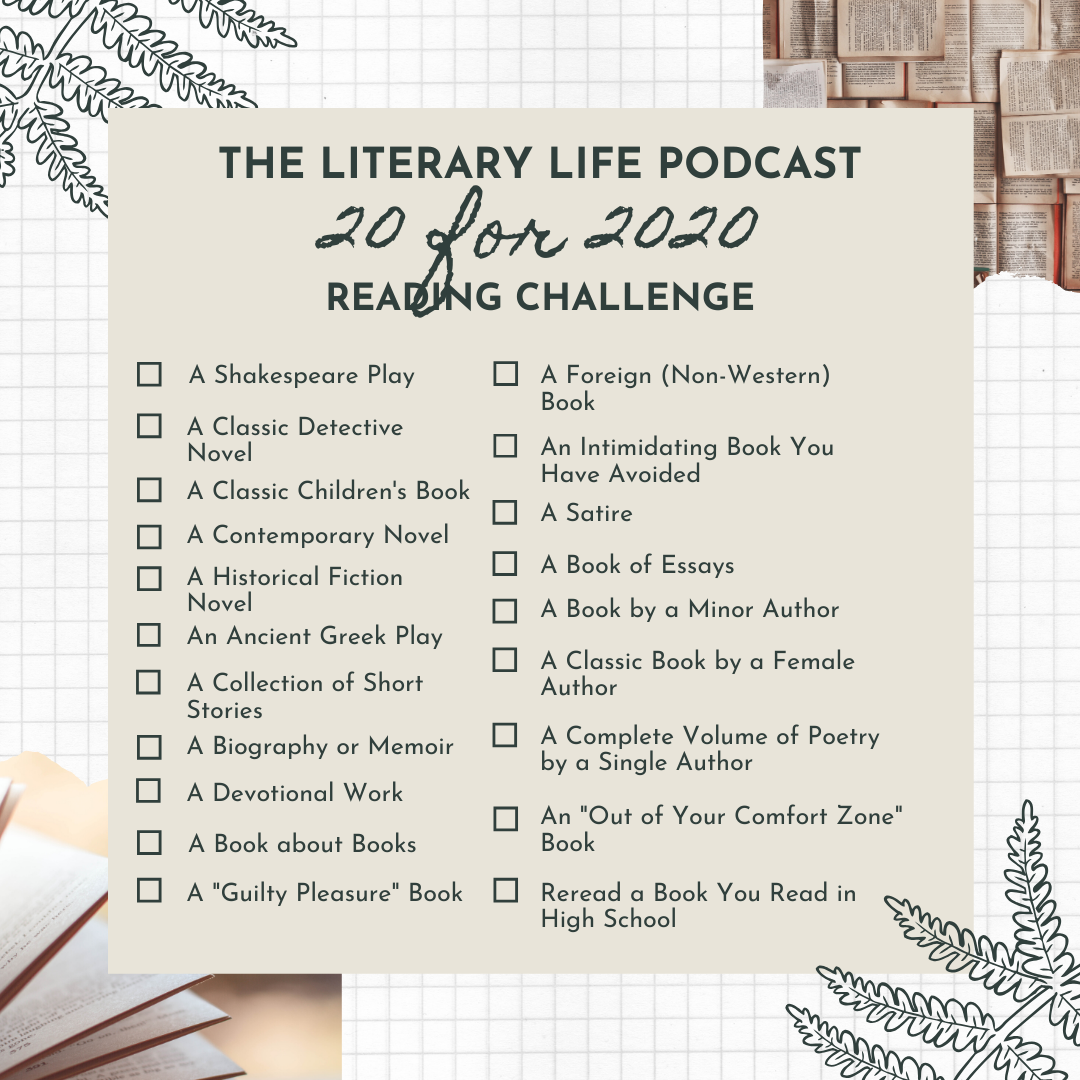 The Way of Ignorance and Other Essays. Wendell Berry. Counterpoint (2005). 192 pages. Genre: Non-fiction.
The Way of Ignorance and Other Essays. Wendell Berry. Counterpoint (2005). 192 pages. Genre: Non-fiction.
First Lines from the Preface: "I think The Way of Ignorance is the right title for this book, but I recognize that it also is risky. Some readers, I am afraid, will conclude from the title that I intend to recommend ignorance or praise it. I intend to do neither."
Summary: This is a collection of essays Wendell Berry wrote mostly in 2004. Most of them are agricultural based. Some involve politics. All deal in some way with how to be a good human being.
The following essays are included:
*Secrecy vs. Rights
*Contempt for Small Places
*Rugged Individualism
*We Have Begun
*Some Notes for the Kerry Campaign, If Wanted
*Compromise, Hell!
*Charlie Fisher
*Imagination in Place
*The Way of Ignorance
*The Purpose of a Coherent Community
*Quantity vs. Form
*Renewing Husbandry
*Agriculture from the Roots Up
*Local Knowledge in the Age of Information
*The Burden of the Gospels
Also included is a letter to Daniel Kemmis, his reply and an essay by Courtney White.
My thoughts: I choose this book to fulfill the "book of essays" category in The Literary Life Podcast 20 for 2020 Reading Challenge. Earlier in the year I read Fidelity by Wendell Berry and really enjoyed it, so I thought I would try some of his non-fiction.
Although I am not a farmer and don't know much about agriculture, I found most of the essays interesting and expanding. He has a way of thinking about ordinary things that is unique and a way of writing that makes things understandable to the average person.
My two favorite essays were Charlie Fisher and Renewing Husbandry.
Charlie Fisher is about a man who has spent many years logging with horses. It was interesting to learn about this hardworking man's life. About the work he does and why he has chosen to do it the way he does.
"Charlie Fisher is a man of long experience in the woods and extensive knowledge of the timber business and of logging technology. He has no prejudice against mechanical equipment as such, but uses it readily according to need; for a time, during his thirties, he used mechanical skidders. That this man greatly prefers horses for use in the woods is therefore of considerable interest."
Charlie's reasons for using horses are that he likes horses, he likes the woods and horses leave the woods in better condition, he both earns and spends his money in the local community rather than with large corporate suppliers with the use of skidders, and horses cost less than skidders. Oh, and did I mention that Charlie is sixty-six years old?
In Renewing Husbandry, Berry recalls how when he was a boy his father and grandfather farmed the land using mules. When he was a teenager, the tractor started to become more common. At the time he longed to be able to plow the fields with a tractor because it seemed to him that would be a more efficient way to accomplish the job. Mules were slow and stubborn. However, when he returned to his home in Kentucky as an adult and took up farming for himself, he saw things differently.
He defines husbandry like this:
"The word husbandry is the name of a connection. In its original sense, it is the name of the work of a domestic man, a man who has accepted a bondage to the household. We have no cause here, I think, to raise the issue of 'sexual roles'. We need only to say that our earthly life requires both husbandry and housewifery, and that nobody, certainly no household, is excused from a proper attendance to both. Husbandry pertains first to the household; it connects the farm to the household. It is an art wedded to the art of housewifery. To husband is to use with care, to keep, to save, to make last, to conserve. Old usage tells us that there is husbandry also of the land, of the soil, of the domestic plants and animals - obviously because of the importance of these things to the household."
This really expanded my understanding of husbandry. I always assumed it referred to the care of animals on a farm.
I am glad to have discovered this book and would recommend it to anyone looking to understand things from farmer's perspective.















